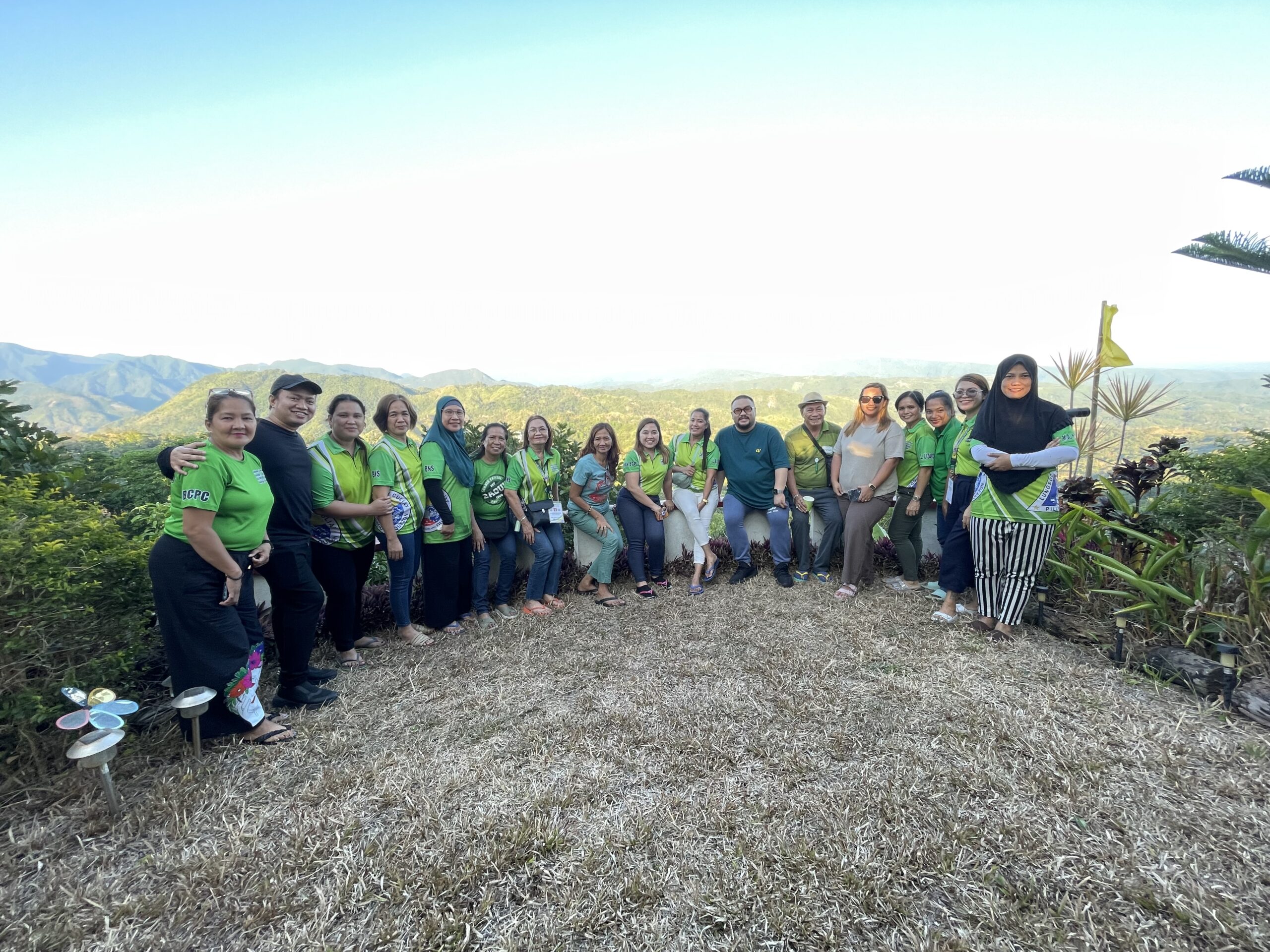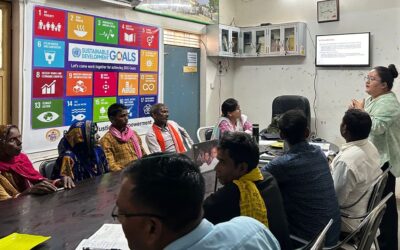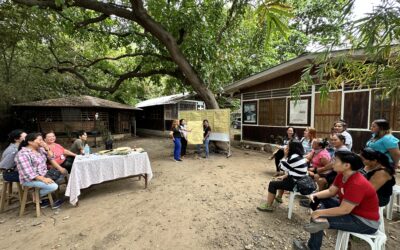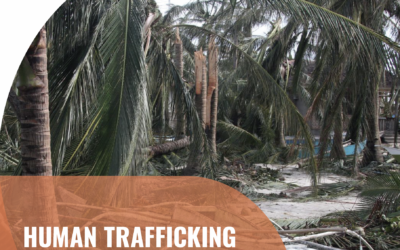Empowering Barangay Culiat to Combat Child Labor in the Philippines
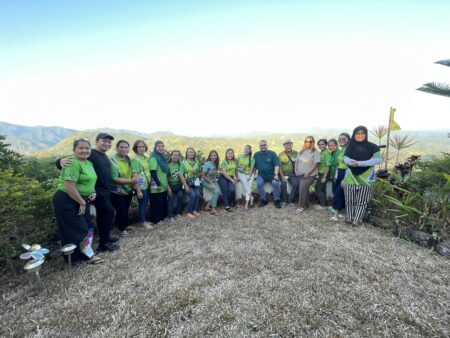
Modern slavery is an insidious reality that continues to affect millions worldwide, manifesting through forced labor, human trafficking, and the exploitation of children. In the Philippines, these forms of coercion continue to be a present-day challenge that affects thousands. The archipelago’s diverse economic and cultural landscape provides fertile ground for such abuses, with vulnerabilities exacerbated by poverty, lack of education, and further enhancement of legal enforcement. The Community Liberation Initiative of Free the Slaves emerges as a crucial counterforce, aiming to empower local communities to dismantle the structures of exploitation that have long overshadowed their development.
Barangay Culiat, a locale within Quezon City, has been identified as a critical area for intervention due to its significant challenges related to child labor and a history of drug-related issues. Recognizing the unique position of local officials, Free the Slaves’ conducted its first Community Liberation Initiative training last April 19 and 20, 2024, which focused on equipping Barangay officials, health workers, and child protection officers with the skills and knowledge necessary to lead the fight against modern slavery.
The training was designed to foster a deep understanding of the social, economic, and legal issues surrounding modern slavery, enabling the officials to become catalysts for change within their communities. The training provided to the Barangay Culiat officials is comprehensive and multifaceted, focusing on both theoretical knowledge and practical application. Participants are introduced to the current laws and international conventions that the Philippines is part of, which can be leveraged to protect their citizens and combat slavery. It had workshops to simulate engagement through real-life scenarios, fostering problem-solving skills and strategic planning. Additionally, participants engaged in drafting detailed community mobilization plans, which are crucial for implementing sustainable anti-slavery initiatives. This hands-on approach ensures that once the training concludes, officials are not only aware of the issues but also prepared with actionable strategies to address them.
The revelation of 956 child laborers in Barangay Culiat has been a wake-up call for local officials and the community at large. This alarming statistic is not just a number—it represents hundreds of lives deprived of childhood, education, and opportunities for a better future. The training sessions conducted by Free the Slaves are therefore not just educational but a vital component in the broader strategy to tackle this grave issue. By empowering officials with knowledge and tools, the initiative aims to transform shock and dismay into action and advocacy, turning the tide in the fight against child labor and other forms of exploitation.
The collaboration between Free the Slaves and Barangay Culiat is envisioned as a long-term partnership, where initial trainings lay the groundwork for ongoing development and support. This approach acknowledges that combating modern slavery requires more than just intermittent intervention—it demands sustained effort and commitment. The future goals include not only reducing the incidence of child labor and trafficking but also building a resilient community that can defend itself against the resurgence of such issues. Through continued support and capacity building, Barangay Culiat is expected to emerge as a model of how communities can redefine their futures through collective action and empowered governance.
“We are very thankful for Free the Slaves in equipping us with the right skills. We now found an ally in fighting human trafficking and child labor in our community,” said Alelie Bernardo, Chairperson on Children and Women Protection of Brgy. Culiat.
The fight against modern slavery requires a broad coalition of stakeholders, including local communities, NGOs, government agencies, and international partners. By supporting initiatives like those of Free the Slaves, individuals, and organizations can contribute to a larger movement that seeks not only to free individuals from bondage but to prevent such conditions from arising in the first place. We encourage our readers to get involved, whether through advocacy, donations, or volunteering, to help spread awareness and support these vital efforts. Together, we can forge a future where freedom and dignity are not privileges but guaranteed rights for all.

